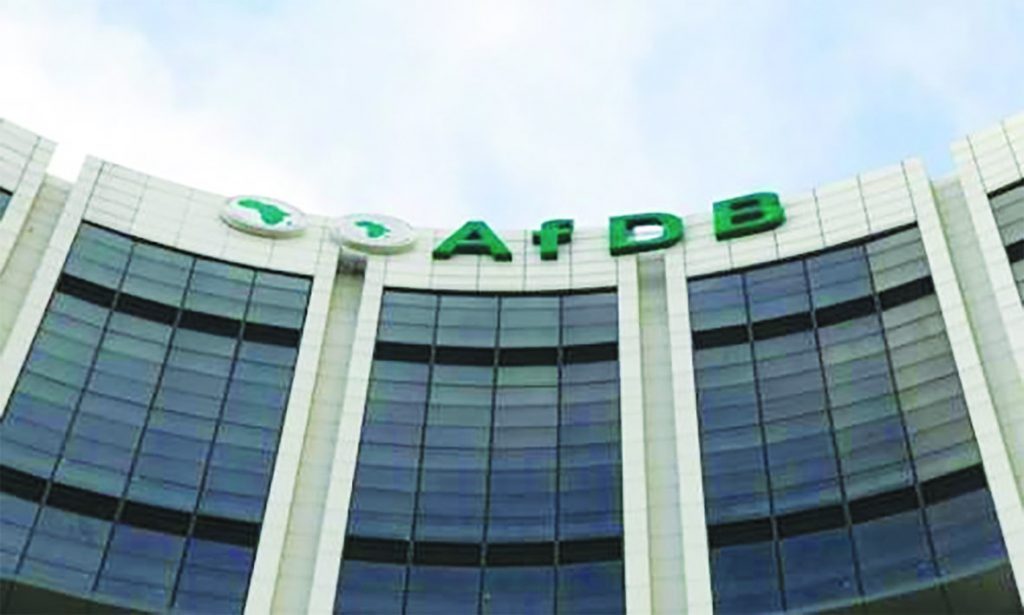The African Development Bank (AfDB), in collaboration with the Islamic Development Bank, Nigeria’s Federal Government, and the Abia State Government, has officially launched a major urban infrastructure development project in Abia State, valued at $263.8 million.
The initiative, unveiled on July 11, is designed to modernise key infrastructure in the cities of Umuahia and Aba, with a focus on road rehabilitation, erosion control, and waste management. More than 248 kilometres of roads are expected to be upgraded under the project.
Funding for the project includes $115 million from the AfDB comprising $100 million from its ADB window and $15 million through the Canada-AfDB Climate Fund while the Islamic Development Bank is contributing $125 million. The Federal Government of Nigeria is providing counterpart funding of $23.8 million.

According to a statement released by the AfDB, the Abia State Integrated Infrastructure Development Project seeks to close longstanding infrastructure gaps that have hindered mobility, economic activity, and public health in the state’s rapidly urbanising centres.
“This is a transformative investment aimed at enhancing climate-resilient infrastructure, improving access to basic services, and fostering inclusive development,” the bank stated.
Beyond road rehabilitation, the project will also restore two erosion sites and promote private sector involvement in solid waste management through public-private partnerships.
Governor Alex Otti described the project as a pivotal moment in the state’s development drive. “Development yields greater impact when powered by partners who share your vision. This initiative will uplift living standards, expand access to health and education, and enhance investor confidence in our state,” he said during the launch event.
The construction phase is expected to create more than 3,000 temporary jobs, with 30% reserved for women. Upon completion, around 1,000 permanent positions will be generated, half of which are designated for youth participants enrolled in the newly formed State Youth Road Maintenance Corps, drawing talent from all 17 local government areas.
Dr Abdul Kamara, Director-General of AfDB’s Nigeria Country Department, underscored the human impact of the project. “This is about transforming lives reducing travel time, increasing incomes, and opening up economic space for women and young entrepreneurs,” he noted.
The project also features several social and environmental protection measures, including resettlement support, entrepreneurship training for women and youth, HIV/AIDS awareness campaigns, and improvements to procurement and financial oversight systems.
Representing the Federal Ministry of Finance, Dr Akande Oyebola of the International Economic Relations Department described the project as a strategic move toward improved infrastructure and broader economic growth.
Abia State’s Commissioner for Works, Otumchere Oti, reaffirmed the government’s commitment to transparency and result-driven execution. “We are putting in place strong monitoring systems to ensure accountability at every stage,” he said.
The AfDB stated it will continue to support the project through technical assistance, capacity building, and direct oversight via its Nigeria Country Department and sector specialists.
This infrastructure programme is part of the Bank’s larger strategy to support Nigeria’s national development agenda through sustainable and inclusive investments.




